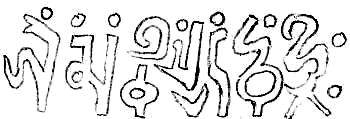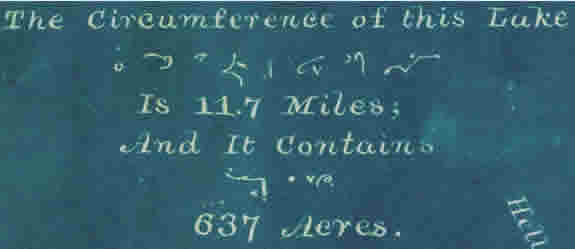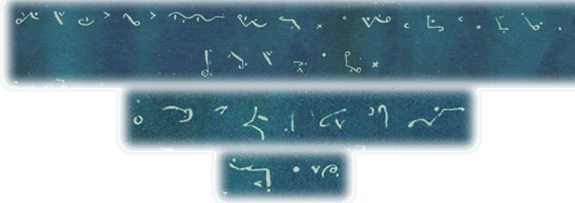The word blithering came up today in a comedy show I was listening to and this got me wondering about it’s origins.
It’s normally accompanied by idiot, as in blithering idiot, and means:
- talking incoherently, foolishly; senselessly talkative
- jabbering
- stupid, foolish, contemptible
Blithering comes from blither (to talk nonsense), which is a variant of blather, which is a Scots word probably from the Old Norse blaðra (chatter, babble) blaðr (nonsense).




